- 631-796-2804
- [email protected]
- Mon - Fri: 6:30AM - 5PM
Professional seal coating that extends your driveway’s life and saves you thousands in replacement costs.
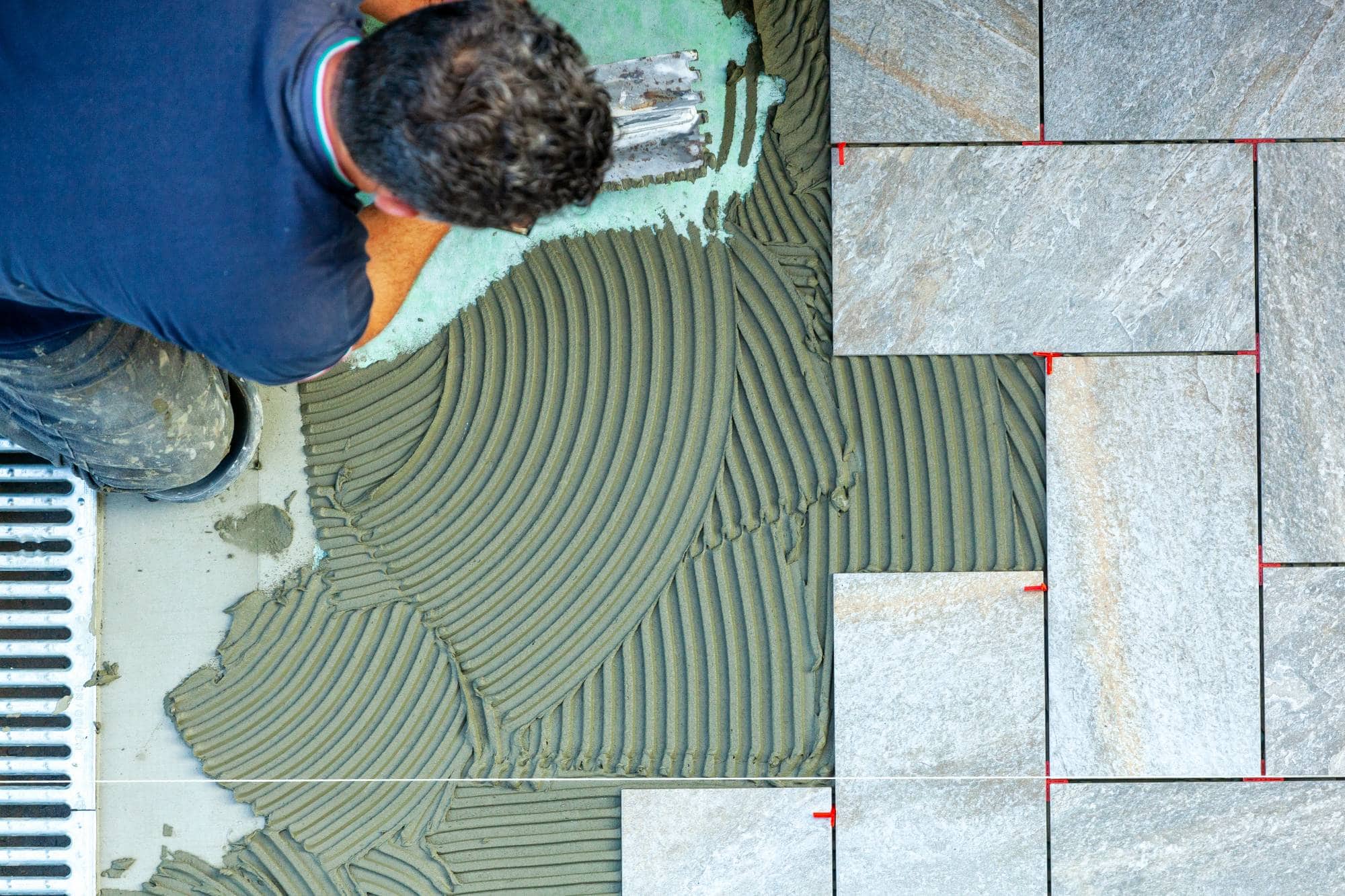
Hear from Our Customers
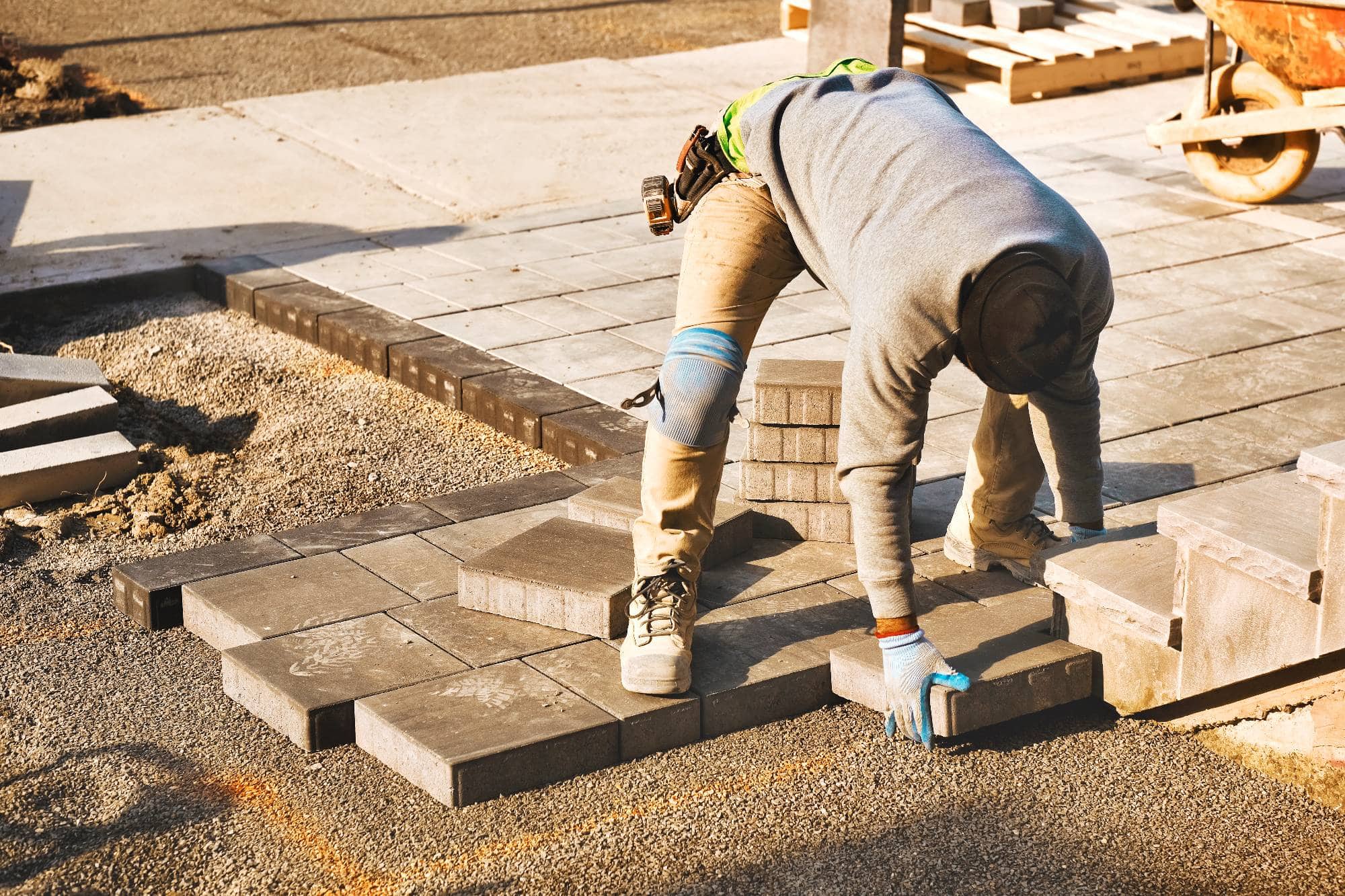
You’re watching your driveway fade from rich black to weathered gray. Small cracks are starting to appear, and you know it’s only going to get worse.
Here’s what changes after proper sealcoating. Your asphalt gets a protective barrier against Hampton Bays’ harsh coastal conditions – salt air, UV rays, and temperature swings that break down unprotected surfaces. Water stops penetrating through tiny cracks before they become major problems.
The result? Your driveway looks like new again, with that deep black finish that makes your property stand out. More importantly, you’ve just extended its lifespan by 3-5 years and avoided a $15,000+ replacement project. That’s real money staying in your pocket.
We’ve been protecting Hampton Bays asphalt surfaces for years. We understand what coastal Long Island weather does to your driveway – and more importantly, how to stop it.
We’re not the fly-by-night crew that shows up with watered-down sealer and disappears. We use commercial-grade materials designed specifically for our climate conditions. Every job gets the same attention whether it’s a residential driveway or commercial parking lot.
You’ll find us right here in the community when you need us, not three towns over when problems arise.
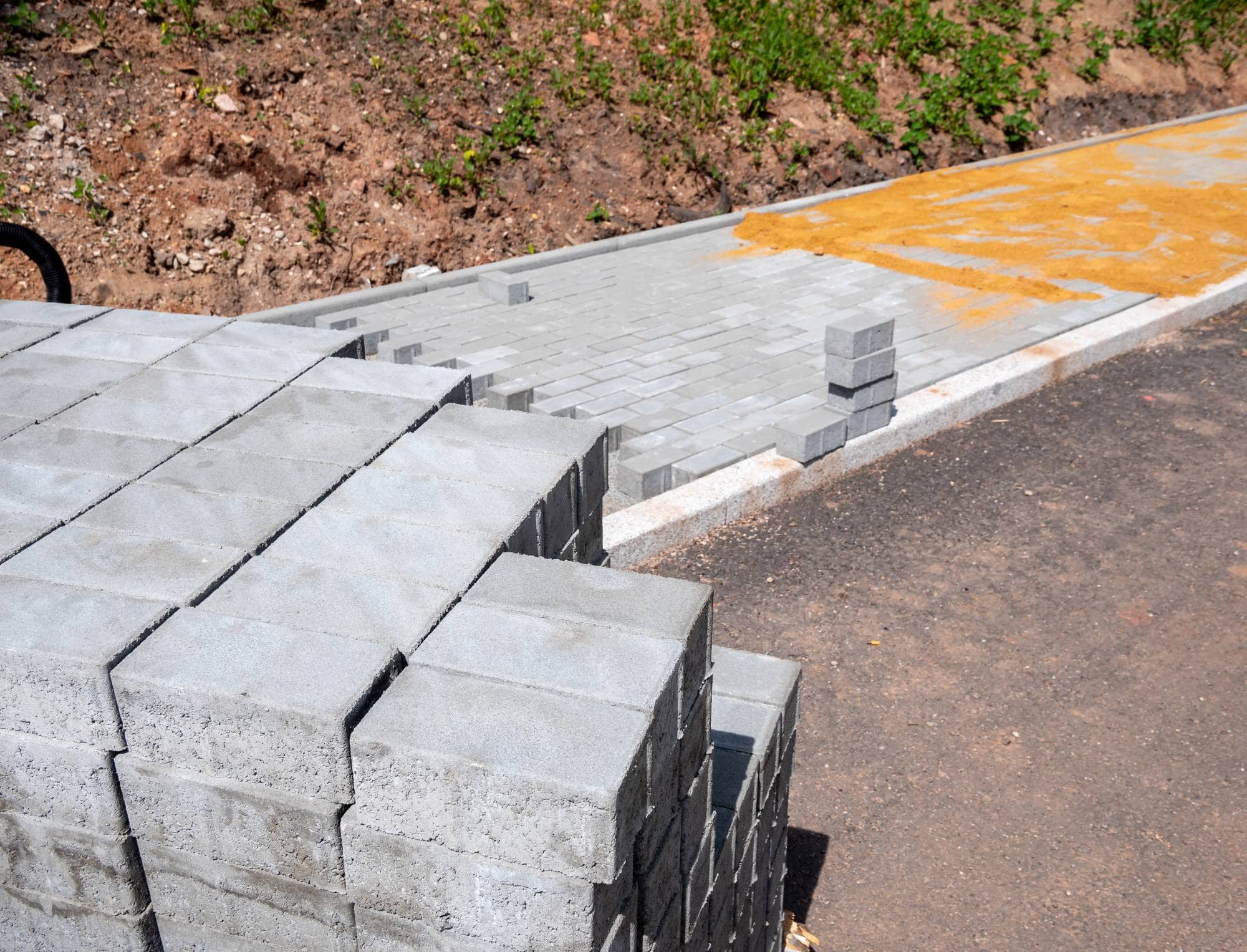
First, we clean your asphalt thoroughly – removing dirt, debris, and any vegetation growing in cracks. This step matters because sealer won’t bond properly to a dirty surface.
Next, we fill any cracks larger than a quarter-inch. Small cracks get sealed during the coating process, but bigger ones need individual attention to prevent water infiltration.
Then comes the actual sealcoating application. We apply two thin, even coats using professional equipment – not the brush-on approach that leaves streaks and thin spots. The first coat penetrates and bonds, the second provides the protective barrier and finished appearance.
Finally, we mark the area and give you clear instructions about when it’s safe to walk and drive on the surface. Proper curing time isn’t negotiable if you want results that last.
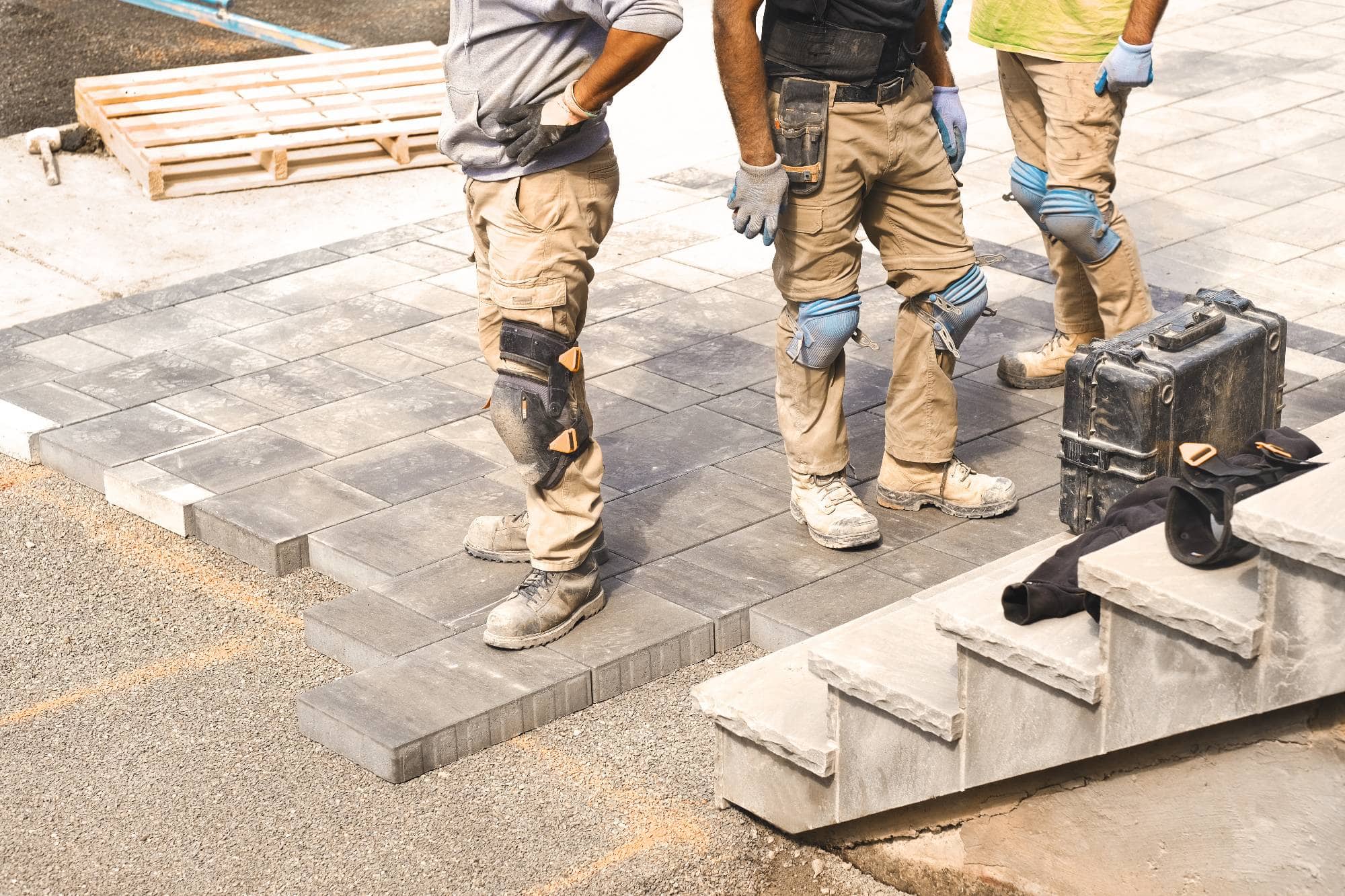
Ready to get started?
You get thorough surface preparation, crack filling for openings up to one inch, and two coats of premium coal tar or asphalt-based sealer. We handle the cleanup and provide clear post-application care instructions.
Our sealers are specifically chosen for Hampton Bays conditions. The salt air here is tougher on asphalt than inland areas, so we don’t use the same products you’d see in other parts of New York. This attention to local conditions is why our applications last longer.
We also time everything around the weather. Sealcoating needs 24-48 hours of dry conditions to cure properly. We watch the forecast closely and reschedule if needed rather than rush a job that won’t perform.
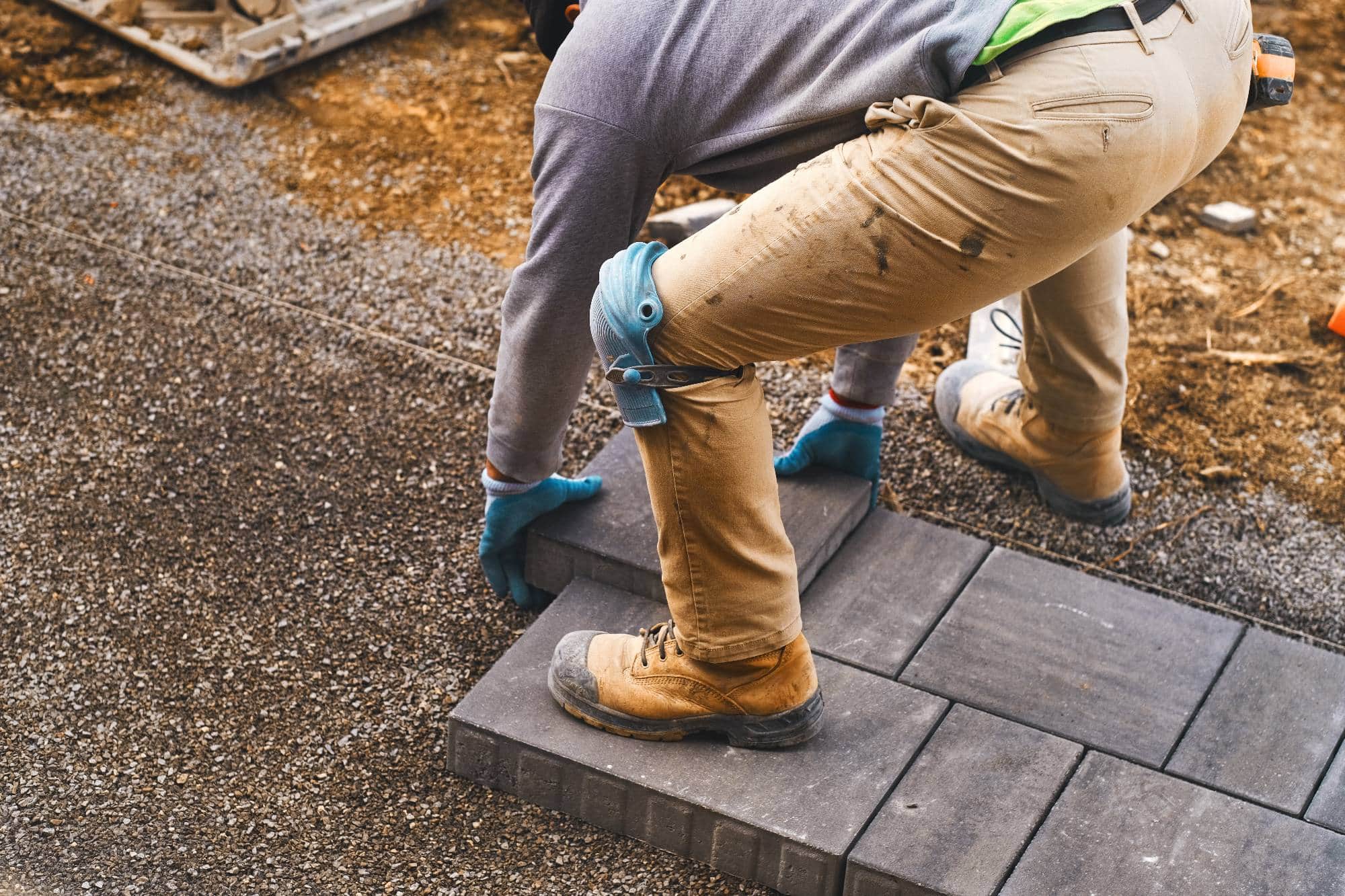

We are a family owned and operated paving contractor servicing customers on the East end of Long Island. We specialize in all phases of paving from start to finish.